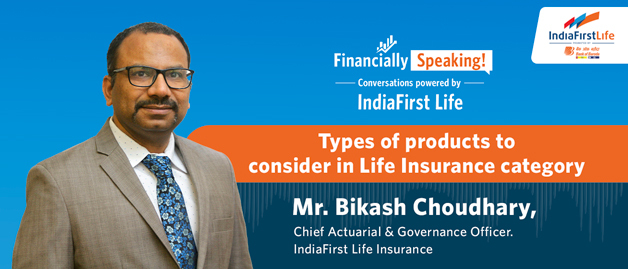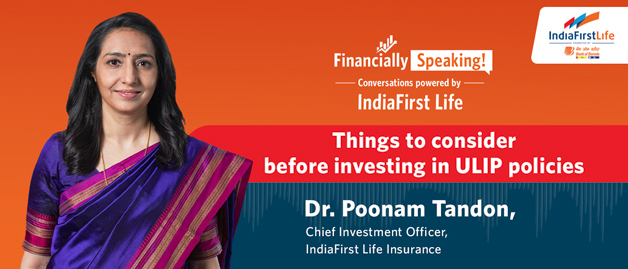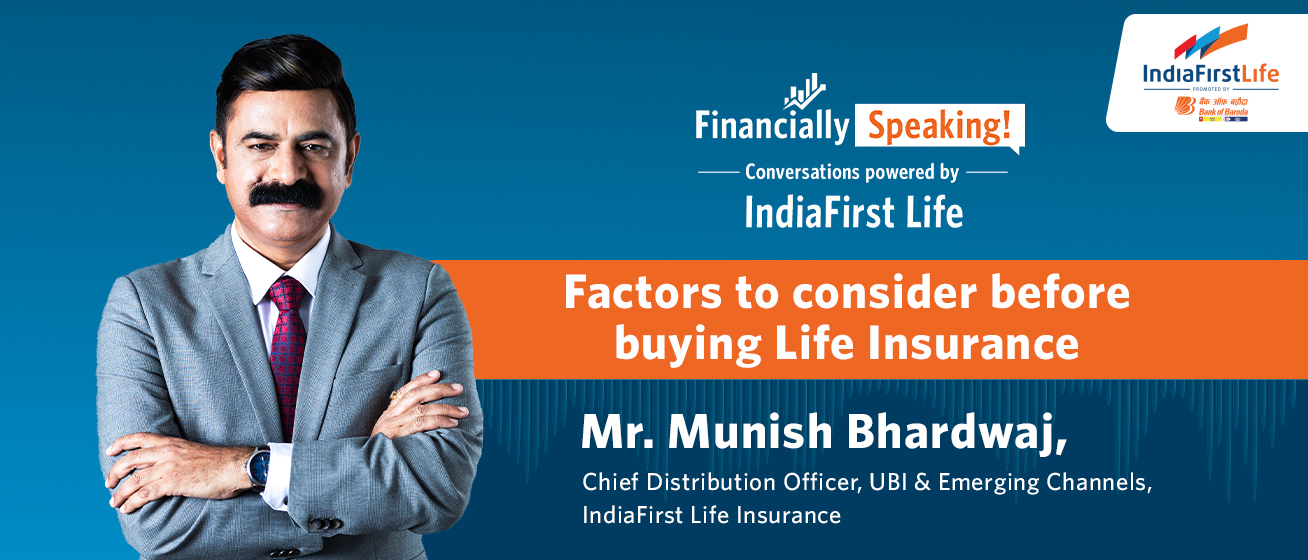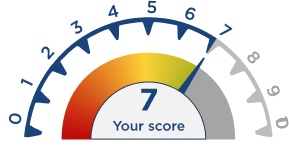Can I get my interest amount on a monthly basis?
- Answer
-
Yes, you can receive interest on a monthly basis if you choose a Monthly Interest Payout Fixed Deposit or a similar scheme offered by banks or NBFCs. In regular fixed deposits, interest is usually paid at maturity or quarterly. However, if you opt for the monthly payout option, the interest is calculated and disbursed every month. This is ideal for individuals seeking regular income, such as retirees. You may check with your bank for such schemes.






















